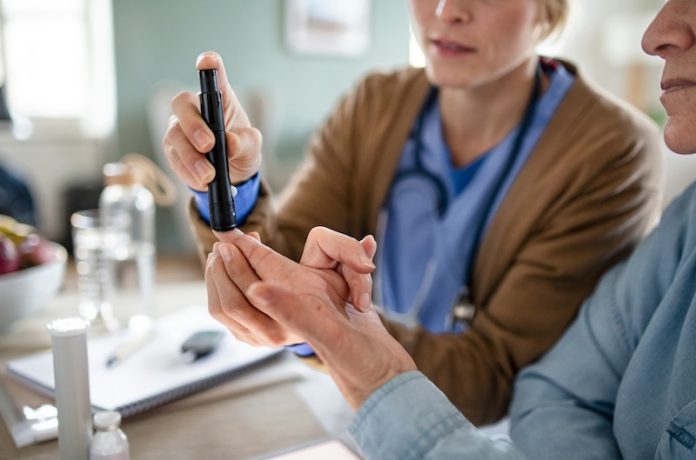
Many people who are diagnosed with type 2 diabetes believe that medication is the only way to keep their blood sugar under control. But research has shown that in some cases, type 2 diabetes can be managed—or even reversed—without drugs.
This doesn’t mean ignoring the condition. It means using lifestyle changes like healthy eating, exercise, weight loss, and stress management as powerful tools to take charge of blood sugar levels naturally.
The most important lifestyle change is often diet. What you eat plays a big role in how your body handles sugar. Foods high in processed carbs and sugar can cause big spikes in blood sugar, while whole foods like vegetables, lean proteins, healthy fats, and whole grains can help keep it stable.
A major study called the DiRECT trial, conducted in the UK, found that many people with type 2 diabetes who followed a very low-calorie diet (around 800 calories a day for several months) were able to lose a significant amount of weight—and nearly half of them put their diabetes into remission. That means their blood sugar returned to normal levels without medication.
Weight loss is a key part of managing type 2 diabetes naturally. When we carry extra fat—especially around the belly—it can make our cells more resistant to insulin. Losing just 5 to 10 percent of body weight can greatly improve how the body uses insulin and lower blood sugar levels.
For someone who weighs 90 kilograms, that’s a loss of just 4.5 to 9 kilograms to see benefits. This doesn’t have to happen all at once. Even small, steady changes can lead to big results over time.
Exercise is another powerful tool. Physical activity helps your muscles use sugar from the blood, which lowers blood glucose naturally. Both aerobic exercise (like walking, swimming, or cycling) and strength training (like lifting weights or using resistance bands) are effective.
Experts recommend at least 150 minutes of moderate exercise each week, which breaks down to about 30 minutes a day, five days a week. Even simple activities like walking after meals can make a noticeable difference.
Sleep and stress also affect blood sugar. Poor sleep can make the body more insulin-resistant, while chronic stress can increase hormones like cortisol, which raise blood sugar levels. Managing stress through activities like yoga, meditation, or even breathing exercises can help support better glucose control. Getting 7 to 9 hours of good-quality sleep each night is equally important.
Some people also find success with intermittent fasting, where they eat only during certain hours of the day and fast the rest of the time. Early research shows this can help reduce insulin resistance and lower blood sugar, though it’s not right for everyone and should be done under medical guidance.
It’s important to know that not everyone can stop medication, and that’s okay. Some people’s bodies need extra support from medicine, especially if blood sugar levels are very high or if there are other health issues. But for others, especially those in the early stages of type 2 diabetes, lifestyle changes can be enough to manage the condition without drugs.
In summary, while medication can be a helpful tool for many people with type 2 diabetes, it’s not the only option. With commitment to healthy eating, weight loss, regular activity, and stress management, many people can reduce their blood sugar naturally.
In some cases, they may even put their diabetes into remission. The key is starting early, staying consistent, and working closely with a healthcare team to find the safest and most effective approach.
If you care about blood sugar, please read studies about why blood sugar is high in the morning, and how to cook sweet potatoes without increasing blood sugar.
For more information about brain health, please see recent studies about 9 unhealthy habits that damage your brain, and results showing this stuff in cannabis may protect aging brain, treat Alzheimer’s.
Copyright © 2025 Knowridge Science Report. All rights reserved.



